On the Wisdom of Solomon, Part 11: The Wisdom of Kings
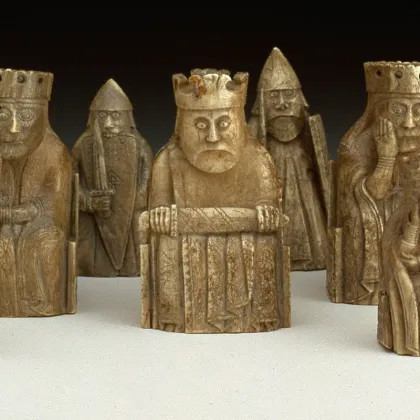
On the Wisdom of Solomon, Part 11: The Wisdom of Kings
Discussing the latter portion of Wisdom chapter 5 in our last presentation on the Wisdom of Solomon here, which was titled Who are the World?, we had observed that Wisdom describes the promised vengeance of Yahweh God against His enemies in different terms, but in a manner which is completely agreeable in meaning with prophecies of that same vengeance which are found in Micah chapter 4 and Revelation chapter 18. Once we understand what Solomon had meant where he said that Yahweh would “make the creature his weapon for the revenge of his enemies”, as he himself defines the creature, or creation, as the twelve tribes of the children of Israel organized under the law in Wisdom chapter 19, then we can also understand that he was describing that same phenomenon which was prophesied in different terms in Micah chapter 4 as a call to the children of Israel to “arise and thresh”, and in Revelation chapter 18 as a call to the people of God to “come out of her My people” and then to turn and “Reward her even as she rewarded you, and double unto her double according to her works: in the cup which she hath filled fill to her double.” So all three passages have virtually the same meaning, in the same prophetic context.
So in the Wisdom of Solomon we see what Micah had also prophesied, and what Christ Himself confirms in chapter 18 of His Revelation: that the children of Israel themselves shall ultimately be the instruments which are employed by Yahweh God in the execution of His vengeance against His enemies, and that is the day which all true Christians should await with anticipation. Likewise, Paul had told the Corinthians that they should be ready to revenge all disobedience, once their own obedience is fulfilled (2 Corinthians 10:6). Noticing features such as this in Wisdom is an important step to recognizing the veracity of the work. Ultimately, the proof of a prophet is found in the fulfillment of the prophecy. But in this case, the prophecy is still anticipated, so the fulfillment is not yet realized. However if the author of Wisdom prophesied things which are also found in the words of later prophets, and then in the words of Christ Himself, although the language used to describe those things is markedly different, the prophet is nonetheless verified, because the Word of God has confirmed the prophecy for him.

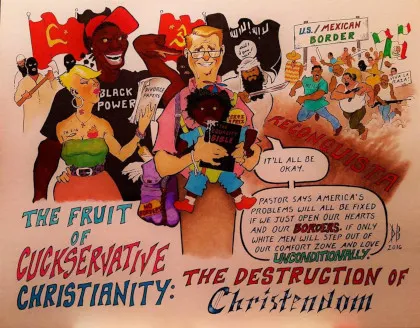

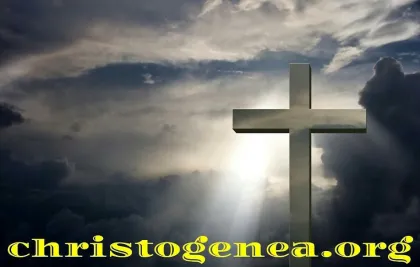

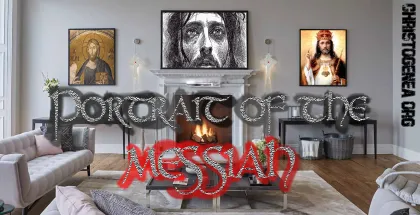
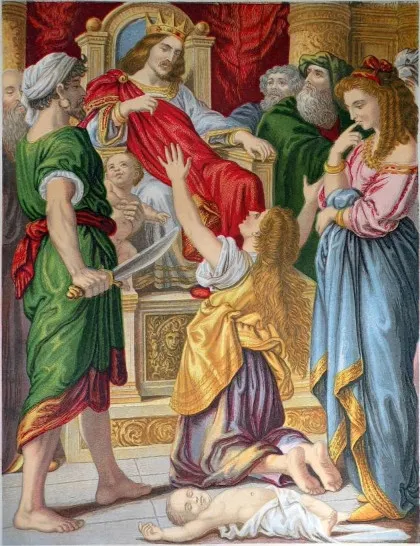


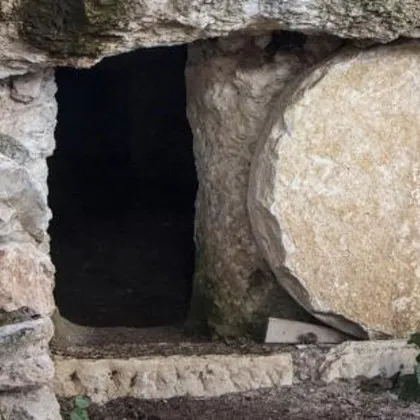
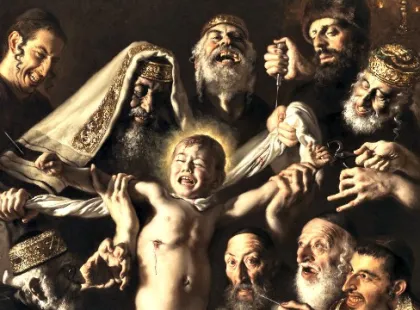
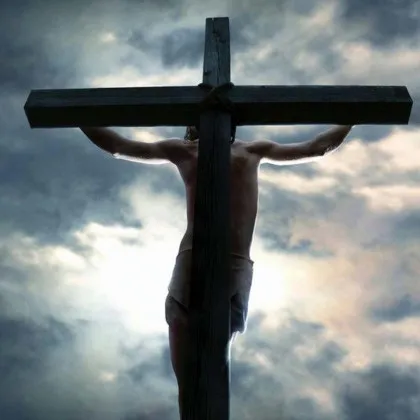
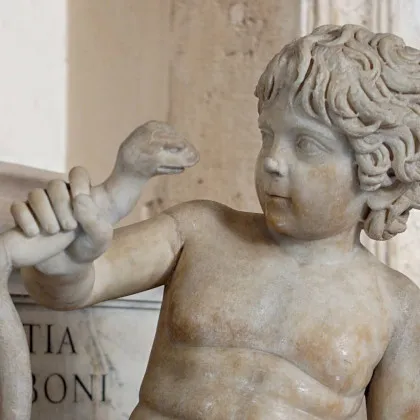
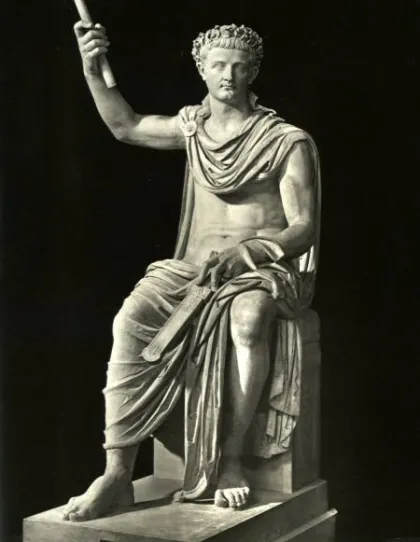
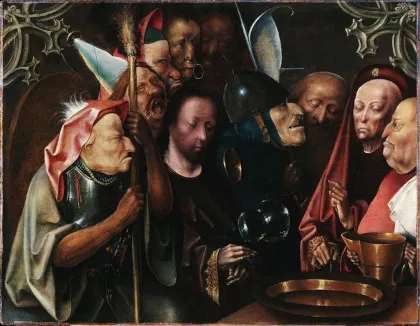
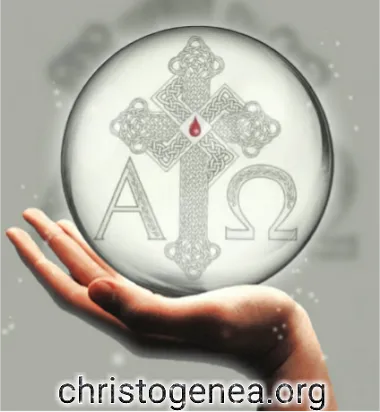




 Please click here for our mailing list sign-up page.
Please click here for our mailing list sign-up page.







